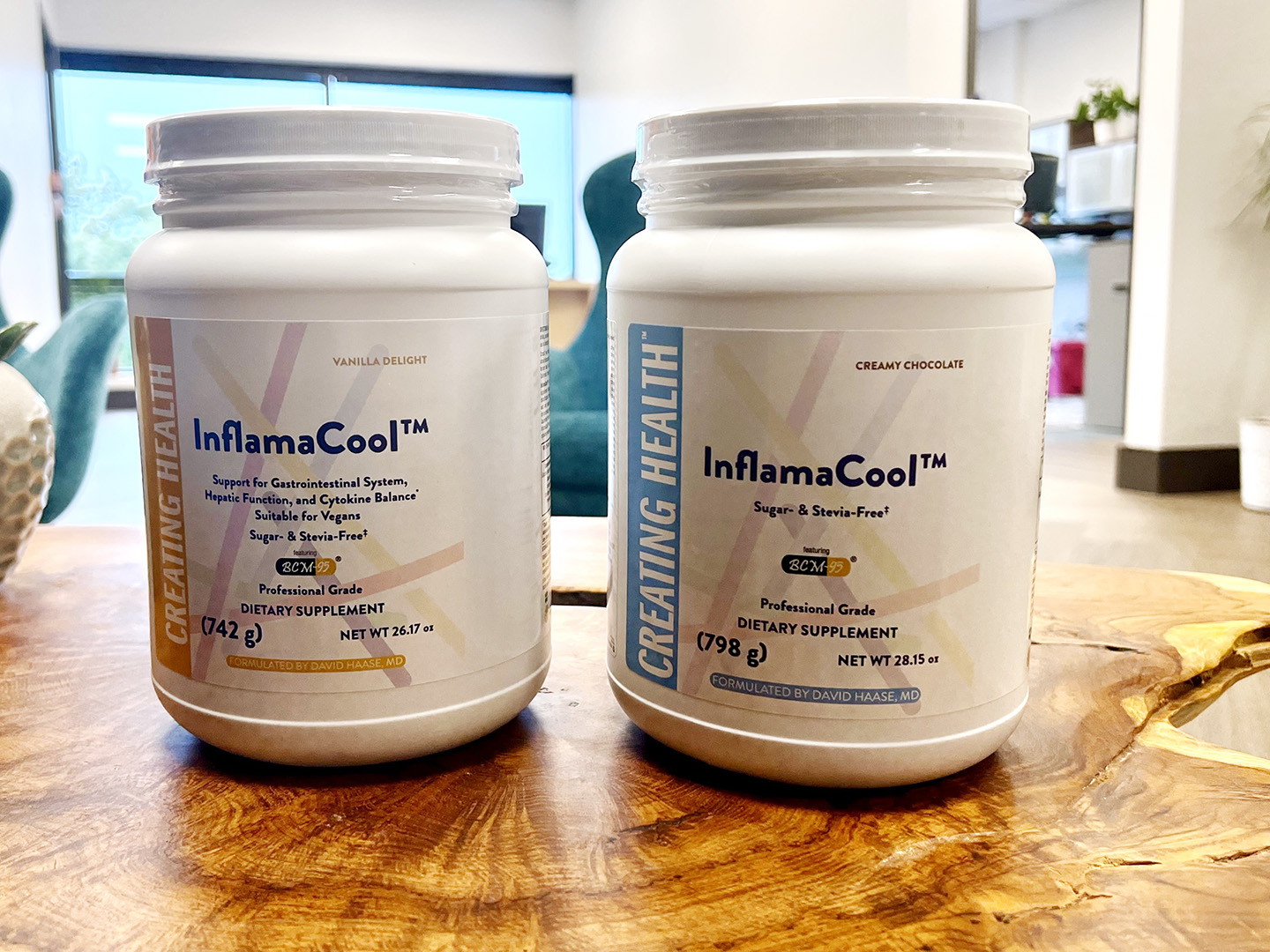Bloating is a common and often uncomfortable experience that many people encounter at some point in their lives. It can be caused by a range of factors, including dietary choices, lifestyle habits, and underlying health conditions. Fortunately, nutritionists have identified several strategies that can help mitigate bloating and promote digestive health. Here are ten secrets to reducing bloating that nutritionists swear by.
1. Stay Hydrated
One of the simplest and most effective ways to reduce bloating is to stay well-hydrated. Water helps to flush out excess sodium from the body, which can contribute to bloating. It also aids in digestion and promotes bowel regularity. Nutritionists recommend drinking at least eight 8-ounce glasses of water a day, or more if you’re active or live in a hot climate. Herbal teas such as ginger, peppermint, or chamomile can also be soothing for the digestive system.
2. Identify Trigger Foods
Certain foods can exacerbate bloating, and identifying your personal triggers is crucial. Common culprits include dairy products (for those who are lactose intolerant), http://provision-sa.co.za:3000/marissarutherf beans, cruciferous vegetables (like broccoli and cabbage), and carbonated beverages. Keeping a food diary can help you track what you eat and identify patterns that lead to bloating. Once you identify your triggers, you can adjust your diet accordingly.
3. Eat Smaller, More Frequent Meals
Large meals can overwhelm the digestive system and lead to bloating. Nutritionists suggest eating smaller, more frequent meals throughout the day. This approach can help keep blood sugar levels stable, reduce overeating, and foster better digestion. Aim for five to six smaller meals each day instead of three large ones, focusing on balanced portions of protein, healthy fats, and fiber-rich carbohydrates.
4. Practice Mindful Eating
Mindful eating involves paying full attention to the experience of eating and drinking, which can greatly help in reducing bloating. When you eat quickly or while distracted, you’re more likely to swallow air and consume larger portions. Nutritionists advocate taking the time to chew food thoroughly, savor flavors, and minimize distractions during meals. This approach can help you tune into your body’s hunger cues and aid digestion.
5. Incorporate Probiotics
Probiotics are beneficial bacteria that can promote a healthy balance of gut microbiota. They help break down food and enhance digestion, which can reduce instances of bloating. Nutritionists often recommend including fermented foods in your diet, such as yogurt, kefir, sauerkraut, and kimchi. Additionally, probiotic supplements can be beneficial, especially after antibiotic use or if you frequently experience digestive issues.
6. Limit Salt Intake
High sodium levels can lead to water retention and bloating. Processed foods often contain high amounts of sodium, so nutritionists recommend being mindful of salt intake. Choose fresh or minimally processed foods, and flavor your meals with herbs and spices instead of salt. If you’re prone to bloating, aim for a daily sodium intake of less than 2,300 milligrams as advised by health experts.
7. Increase Dietary Fiber Gradually
Fiber is essential for proper digestion, but increasing fiber intake too quickly can have the opposite of the desired effect, causing gas and bloating. Nutritionists recommend gradually incorporating more fiber-rich foods into your diet, such as whole grains, fruits, and vegetables, while also ensuring adequate water intake to help fiber do its job effectively. Aiming for 25 to 30 grams of fiber per day is a worthwhile goal for most adults.
8. Reduce Sugar Alcohols
Sugar alcohols like sorbitol, xylitol, and mannitol, often found in sugar-free and low-calorie products, can be difficult for some people to digest, leading to bloating and gas. Nutritionists suggest limiting the intake of products containing these ingredients, particularly if you experience digestive discomfort. Instead, opt for naturally sweet foods, like fruits, to satisfy your sweet cravings without the gastrointestinal side effects.
9. Get Regular Exercise
Physical activity is a natural and effective remedy for bloating. Exercise helps stimulate digestion and promotes regular bowel movements, preventing constipation and discomfort. Nutritionists recommend incorporating a mix of cardiovascular exercises and strength-training activities into your weekly routine. Even simple activities like walking or yoga can help encourage digestion and reduce bloating.
10. Manage Stress
Stress can significantly impact gut health and lead to digestive issues, including bloating. Nutritionists emphasize the importance of managing stress through techniques such as mindfulness, meditation, and deep breathing exercises. Additionally, engaging in hobbies you enjoy, spending time outdoors, and maintaining a social support network can help reduce overall stress levels, ultimately benefiting your digestive health.

Conclusion
Bloating is a multifaceted issue that can stem from various dietary and lifestyle factors. By implementing these ten secrets that nutritionists swear by, you can take proactive steps toward reducing bloating and enhancing your digestive well-being. Remember that changes to your diet and lifestyle take time, so be patient with yourself as you explore these strategies. If bloating persists or is accompanied by severe symptoms, it’s essential to consult a healthcare professional for further evaluation and guidance.
Should you loved this post and you would love to receive more info concerning LeanBiome ingredients kindly visit our own web-page.



